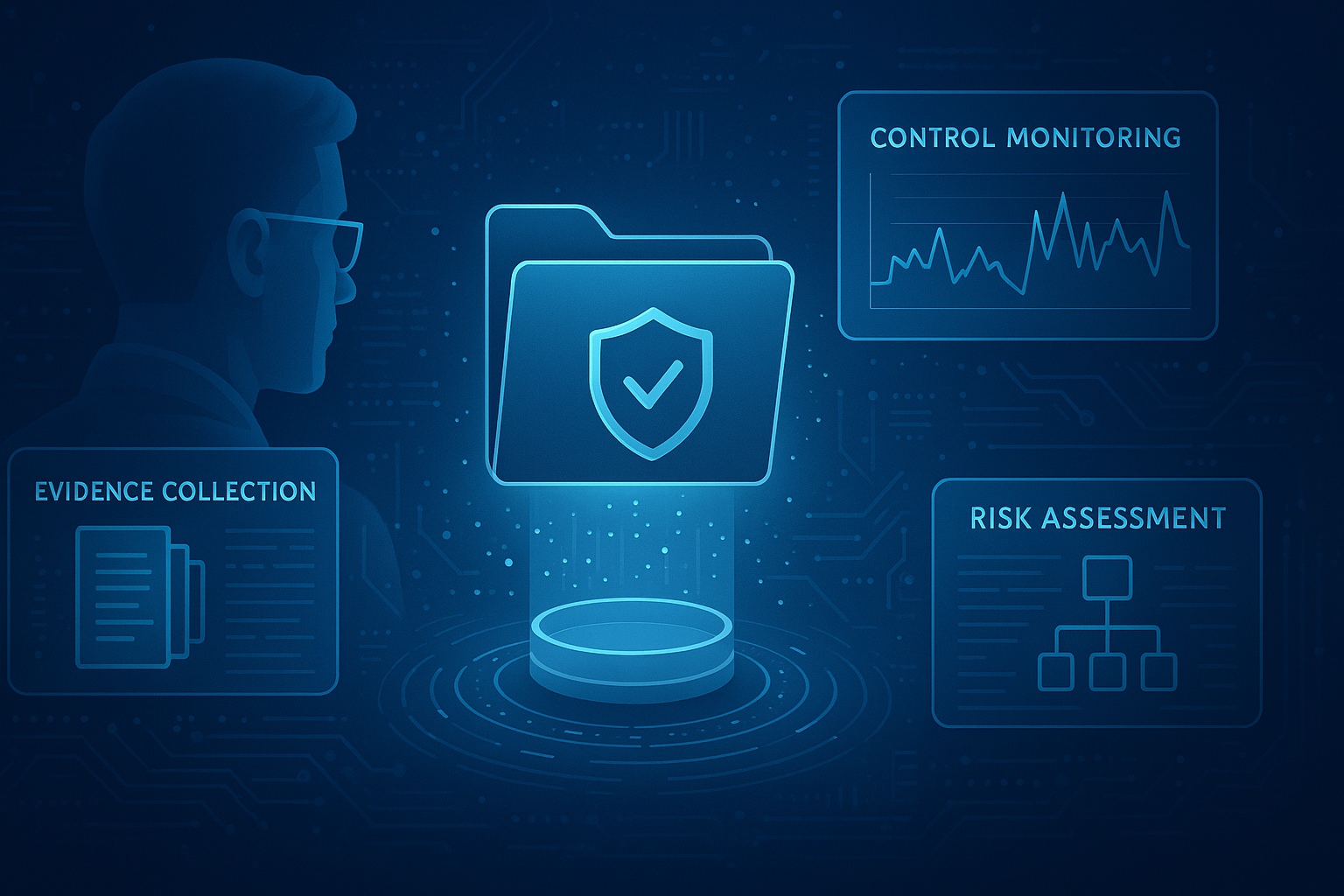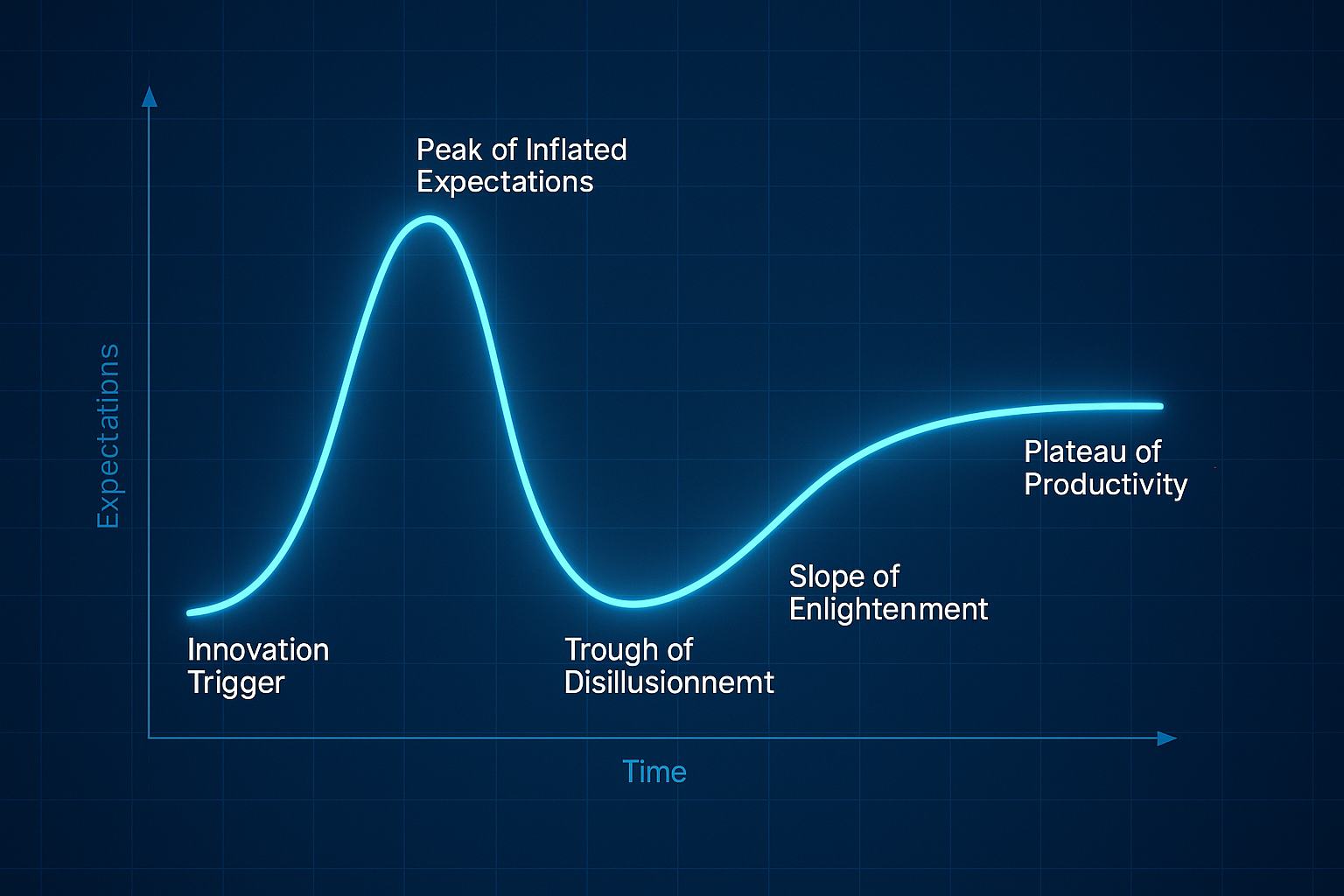Over the years, security practitioners have dealt with various risk quantification approaches, all of which varied in transparency, usability, and accuracy. The FAIR (Factor Analysis of Information Risk) methodology is a standout approach, but what is the FAIR model, and how can security practitioners leverage this model in their cyber risk management approach?
The FAIR model is different from other risk models in several ways. It takes a quantitative, data-driven risk analysis approach, distinguishing it from NIST 800-30 risk assessments. FAIR is a powerful tool for organizations that want to adopt a more rigorous and systematic approach to cybersecurity risk management.
Below we’ll discuss the standout qualities of this approach and the importance of cyber risk quantification.
Data-Backed FAIR Risk Analysis Tool
Importance of Quantitative Analysis
The FAIR methodology emphasizes quantitative analysis and assigns dollar values to risks. This helps organizations make data-driven decisions and prioritize their risk management efforts.
Focus on Factors that Impact Risk
The FAIR methodology considers factors that affect risk, such as threat capability and vulnerability. This helps organizations better understand the root causes of risk and identify areas for improving their security posture.
Tailor Data to Information Security
The FAIR methodology is specifically tailored to information security risks, which can differ greatly from other types of risks. For example, information security risks often involve complex interdependencies between assets and threats, which the FAIR methodology is designed to address.
Open and transparent
The FAIR methodology is an open and transparent framework freely available to the public. This means that anyone can use it to analyze and manage their information security risks, and it can be easily integrated into existing risk management frameworks, like the NIST CSF or ISO 27001.
Built-in risk scenarios
The FAIR methodology includes a library of pre-defined risk scenarios that organizations can use to assess risks. These scenarios are based on real-world events and can help organizations identify potential risks they may not have considered.
Communication with Leadership
With the FAIR framework, CISOs and security leaders can accurately report on the impact to board leaders and pinpoint gaps in the security posture. Transparency like this is key to securing resource allocation for improvement. It is essential for leaders to secure a budget for cyber risk operations and for business-side leaders to understand what threats exist in the company environment and industry.
As cyber becomes a pillar of business continuity and success, Board and executive leaders must be aware of gaps and vulnerabilities in the company’s security posture to make informed decisions and decide which risks to absorb, minimize, or mitigate.
Select the Right Risk Analysis Tool for your Organization
Overall, the FAIR methodology is a unique and powerful approach to managing cyber security risks based on a data-driven quantitative analysis of risk factors. Its emphasis on transparency and openness makes it ideal for organizations of all sizes and types that want to improve their security posture and protect their critical assets.
Depending on your organization's maturity and size, various cyber risk quantification models, like NIST 800-30 and the FAIR framework, can help you analyze cyber risks.
Schedule a conversation to learn how to leverage a multi-model approach to improve cyber risk data.





.png)
.png)
.png)
%201.png)
.png)




